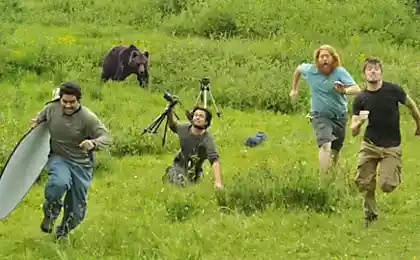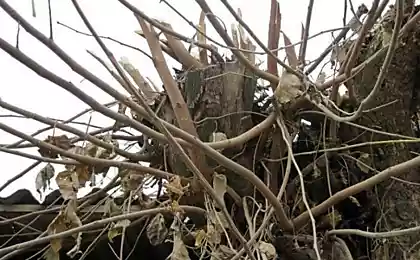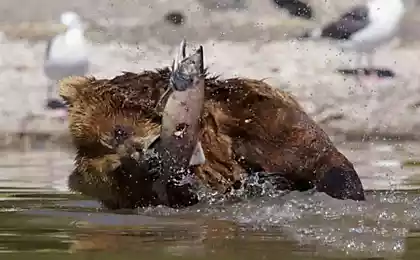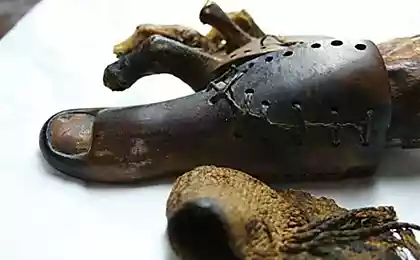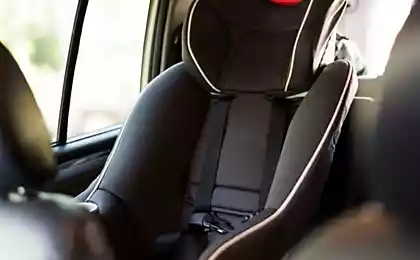609
Why do people need toilet paper, as animals can do without it
People owe it to structure its skeleta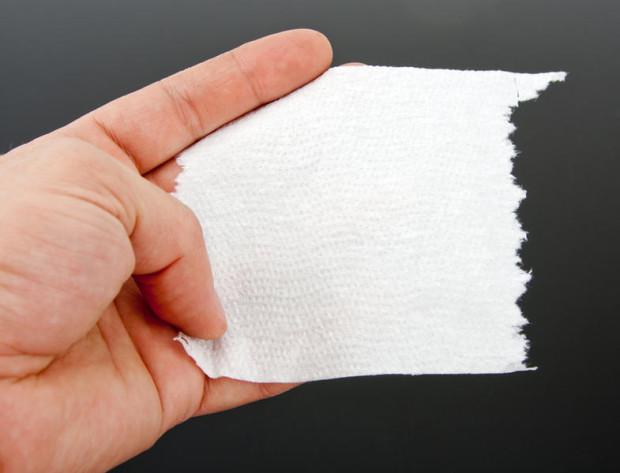
No animals other than humans, do not use toilet paper, and do not seem to feel the need. This may mean that people might have for anatomical reasons for this, and people could lose any anatomical feature, which once had.
Although most of the DNA in humans and apes shared, but between humans and their closest relatives, there are significant differences in the first place - the vertical orientation of a person. This allows people to walk straight and hands-free without using them when walking, but everything has its price: the people have back problems and joints as well get rid of the waste of the human body is more difficult.
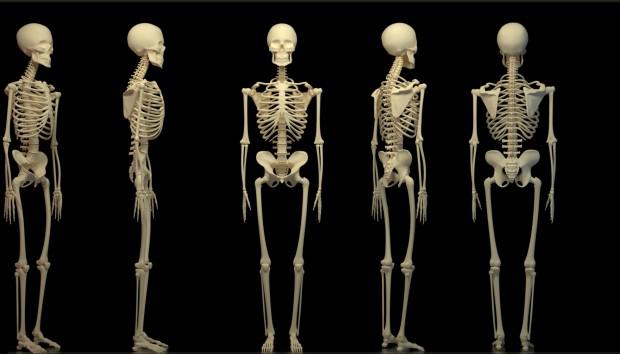
The fundamental problem is that the area to get rid of urine and faeces is limited to the area of the buttocks and thighs, so people in the excrement of other animals often get dirty.
Also, the people are different from other animals in their attitude to their own faeces - they tend to cause people disgust. Perhaps this attitude was formed because of the living together in settlements, and unlike other primates people understand where and when acceptable to get rid of bodily waste, and where - is unacceptable.
Wild animals, especially predators whose droppings - an attractive material for the pathogens have evolved so as to be able to clean them off. For example, all cats, both domestic and wild, after a bowel movement to lick, and parents wash their cubs until they become sufficiently independent to do it ourselves. Adult animals also lick each other, thus establishing a kind of social ties.
In many species, including humans, for the convenience of removing waste from the body adapted leg, but only a man can with the help of the forelimbs used for cleaning the anus plant material: previously it had broad leaves, then a sponge on a stick (the ancient Romans), and more recently then - toilet paper.
via factroom.ru

No animals other than humans, do not use toilet paper, and do not seem to feel the need. This may mean that people might have for anatomical reasons for this, and people could lose any anatomical feature, which once had.
Although most of the DNA in humans and apes shared, but between humans and their closest relatives, there are significant differences in the first place - the vertical orientation of a person. This allows people to walk straight and hands-free without using them when walking, but everything has its price: the people have back problems and joints as well get rid of the waste of the human body is more difficult.

The fundamental problem is that the area to get rid of urine and faeces is limited to the area of the buttocks and thighs, so people in the excrement of other animals often get dirty.
Also, the people are different from other animals in their attitude to their own faeces - they tend to cause people disgust. Perhaps this attitude was formed because of the living together in settlements, and unlike other primates people understand where and when acceptable to get rid of bodily waste, and where - is unacceptable.
Wild animals, especially predators whose droppings - an attractive material for the pathogens have evolved so as to be able to clean them off. For example, all cats, both domestic and wild, after a bowel movement to lick, and parents wash their cubs until they become sufficiently independent to do it ourselves. Adult animals also lick each other, thus establishing a kind of social ties.
In many species, including humans, for the convenience of removing waste from the body adapted leg, but only a man can with the help of the forelimbs used for cleaning the anus plant material: previously it had broad leaves, then a sponge on a stick (the ancient Romans), and more recently then - toilet paper.
via factroom.ru
In Islam, there are strict rules for prayers in space
Belgian dotted around the house 20 deadly traps, one of which killed him



